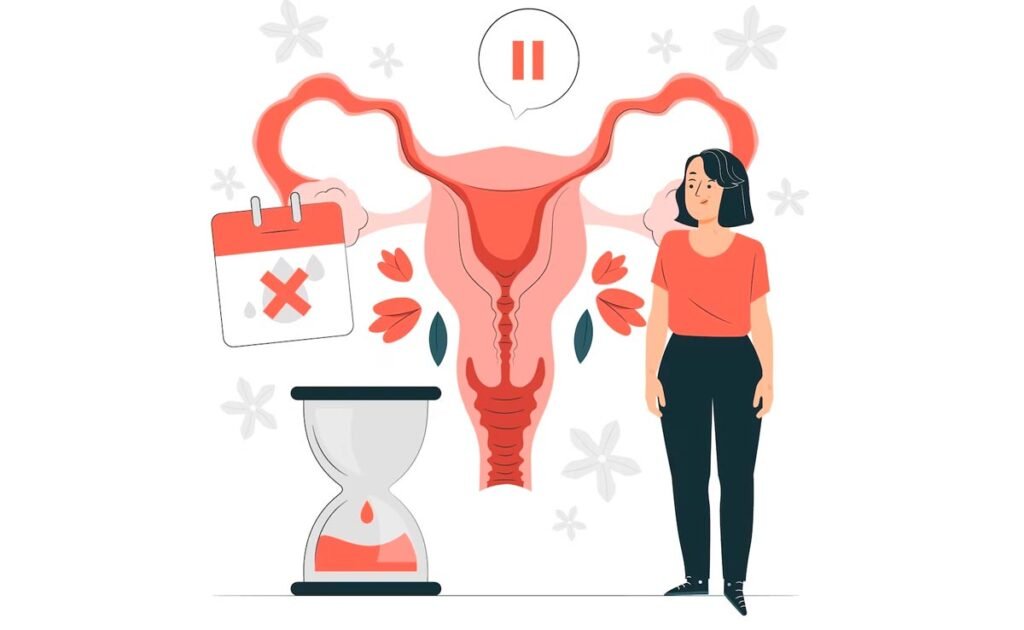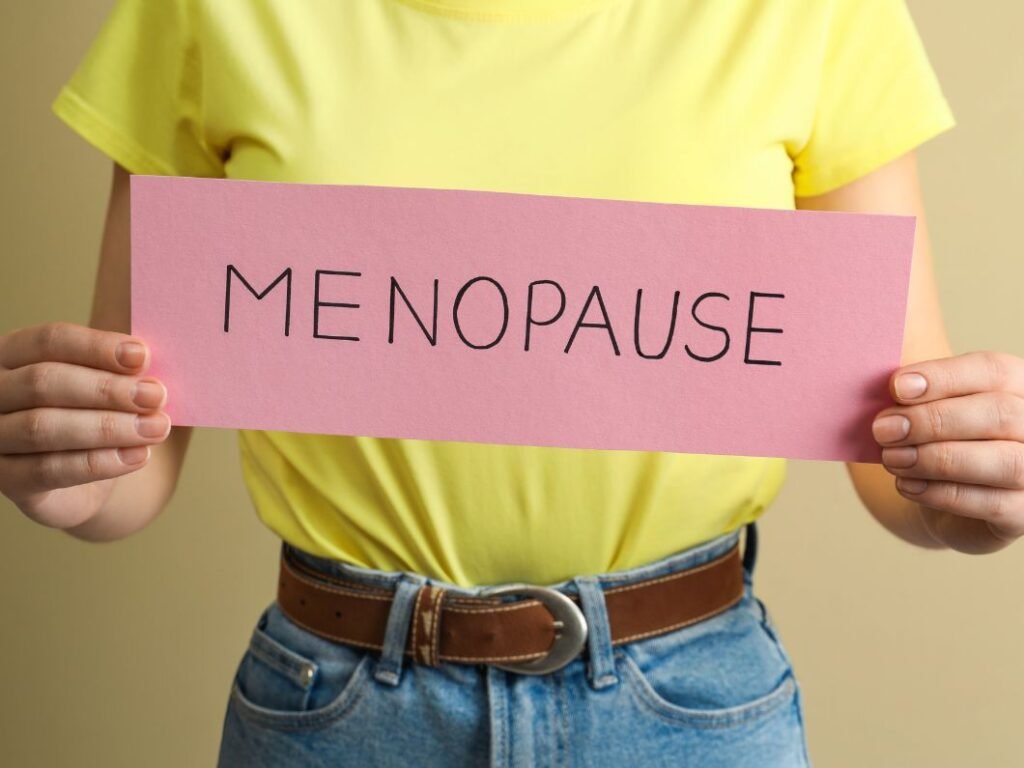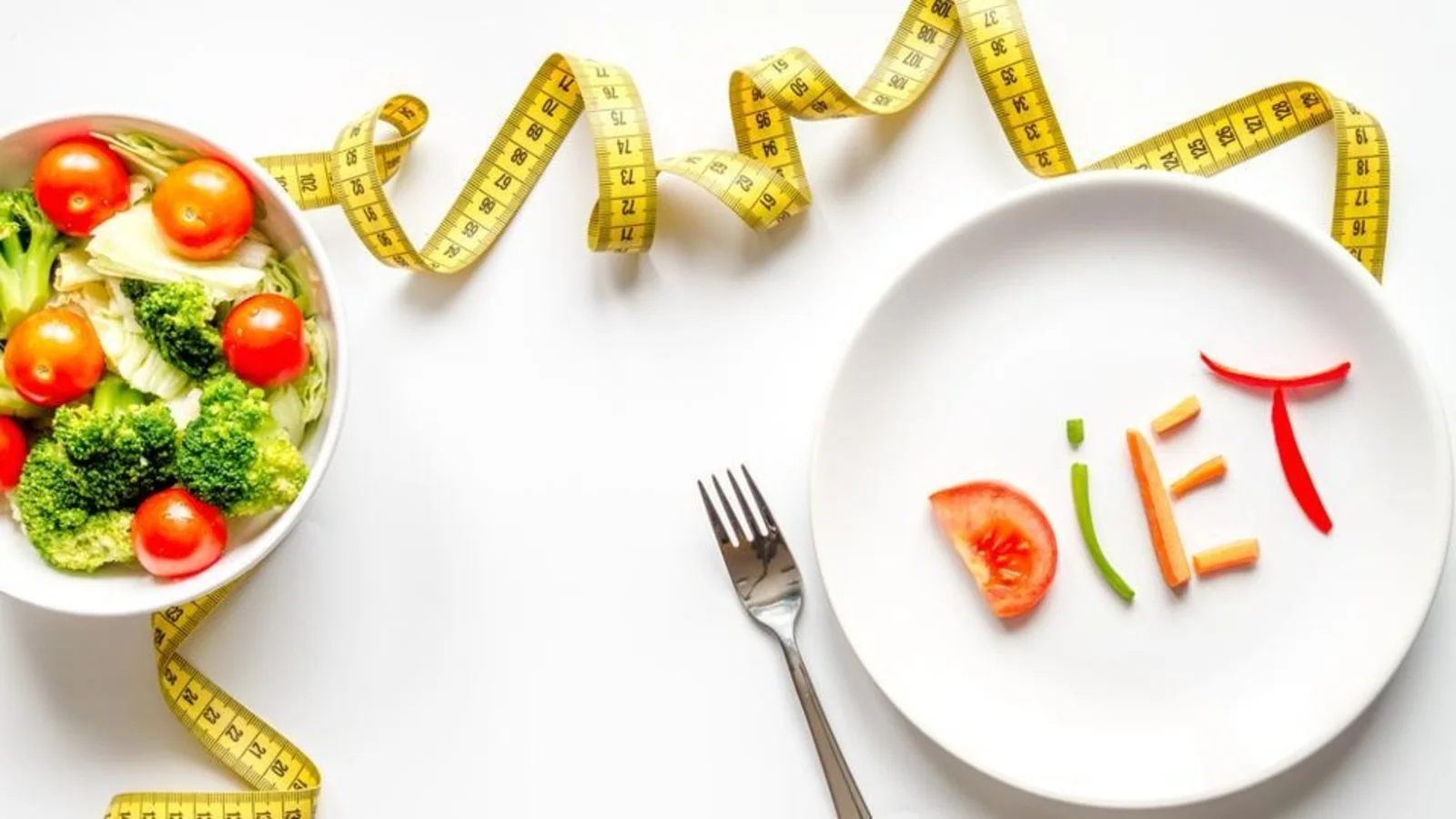Understanding Menopause: Signs, Symptoms, & Stages


Menopause is a natural biological process that marks the end of a woman’s reproductive years. It occurs when a woman has gone 12 months without a menstrual period and signifies the cessation of ovarian function. Menopause typically occurs between the ages of 45 and 55, with the average age being around 51. While menopause is a normal part of aging, it comes with a range of physical and emotional changes that can vary widely from one woman to another. While some experience mild symptoms, other may face challenges that impact their quality of life. Understanding menopause and adopting a healthy lifestyle can help manage symptoms effectively. In this blog, we’ll explore the signs, symptoms, and stages of menopause to help you understand this significant life transition.
What is Menopause?

Menopause is the natural biological process that marks the end of a woman’s reproductive years. It occurs when the ovaries stop producing eggs, and the levels of estrogen and progesterone decline, leading to the permanent cessation of menstrual periods. A woman is considered to have reached menopause when she has gone 12 consecutive months without a menstrual period.
Stages of Menopause:
1. Perimenopause (The Transition Phase)
Perimenopause is the transitional phase leading up to menopause, during which a woman’s body gradually produces less estrogen and progesterone. It typically begins in a woman’s 40s but can start as early as the mid-30s for some. This phase can last anywhere from a few months to 10 years, with an average duration of 4-8 years. Although perimenopause is a natural process, its symptoms can sometimes affect daily life. Healthy lifestyle choices, stress management can help ease discomfort.
Signs and Symptoms of Perimenopause:
- Irregular periods (heavier or lighter than usual)
- Vaginal dryness
- Mood changes (anxiety, or depression, irritability)
- Increased risk of urinary tract infections (UTIs)
- Sleep disturbances
- Hot flashes or night sweats
2. Menopause (The Cessation of Periods)
Menopause is the natural and permanent cessation of menstrual periods, marking the end of a woman’s reproductive years. It occurs when the ovaries stop releasing eggs and produce lower levels of the hormones estrogen and progesterone. A woman is officially in menopause when she has gone 12 consecutive months without a menstrual period.
Signs and Symptoms of Menopause:
- Complete cessation of periods
- Vaginal dryness
- Weight gain, especially around the abdomen
- Mood swings, anxiety, and depression
- Thinning hair or dry skin
- Hot flashes and night sweats
- Joint pain or stiffness
3. Postmenopause (Life After Menopause)
Postmenopause refers to the years following menopause. During this stage, many of the menopausal symptoms (like hot flashes and night sweats) may subside, but some woman may continue to experience symptoms. However, the risk for certain health issues, like osteoporosis and heart disease, increase due to the reduced levels of estrogen.
Signs and Symptoms of Postmenopause:
- Increased risk of heart disease and osteoporosis
- Changes in hair and skin texture
- Possible changes in mood or energy levels
- Ongoing vaginal dryness or discomfort during sex
Managing Menopause Symptoms
- Lifestyle Changes: Regular physical activity helps with weight management, boosts mood, and improves sleep quality. Eating a balanced diet rich in calcium and vitamin D can help protect bones. Practices like yoga, meditation can help alleviate stress and improve emotional well-being.
- Hormone Replacement Therapy: HRT involves taking medications containing estrogen or a combination of estrogen and progesterone to help manage menopause symptoms. While HRT can be very effective, it is not suitable for everyone. It’s important to consult a healthcare provider to discuss the best approach.
- Non-Hormonal Treatments: For women who cannot or choose not to take HRT, there are other options available, such as medications for hot flashes or vaginal lubricants for dryness.
- Natural Remedies: Some women explore herbal supplements and other natural remedies, such as soy products, to help alleviate symptoms. However, it crucial to consult a doctor before using these products to ensure safety.
Final Thought
Menopause is a significant milestone in every woman’s life, making the end of the reproductive years and ushering in a new phase. Understanding the signs, symptoms, and stages of menopause can help women manage this transition with greater ease. There are various ways to cope with the symptoms and embrace life after menopause with confidence, whether through lifestyle changes, medical treatments, or natural remedies. Remember, each woman’s experience with menopause is unique, and it’s important to talk to a healthcare provider about the best options for managing symptoms and ensuring long-term health.

Buy This Herbal Tea Bags, Check Out This Link:



